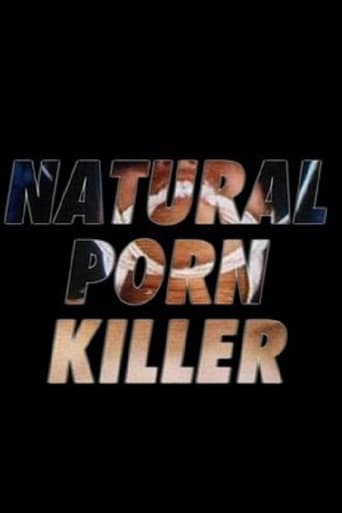
16 Aug 2006

Ted Bundy: Natural Porn Killer
Documentary about serial killer Ted Bundy. This documentary asks the question whether Bundy's obsession with pornography was the cause of his crimes.
A short documentary in the Chaplin Today series about Chaplin's "Monsieur Verdoux." Includes an interview with Claude Chabrol, whose 1963 film "Landru" concerns the same serial killer that inspired Chaplin's film.
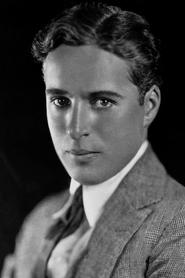
Self (archive footage)

Self
Self (archive footage)

Self (archive footage)
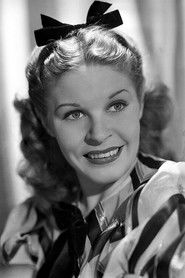
Self (archive footage)
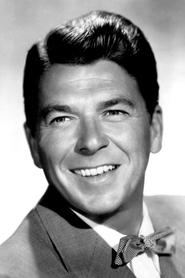
Self (archive footage)

16 Aug 2006

Documentary about serial killer Ted Bundy. This documentary asks the question whether Bundy's obsession with pornography was the cause of his crimes.
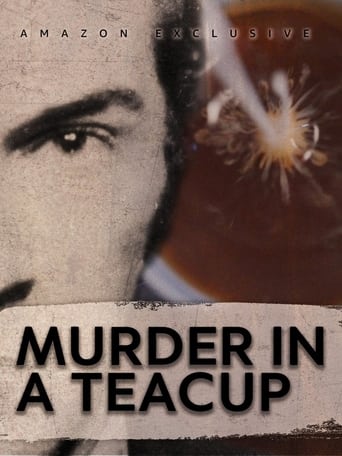
19 Feb 2024

When members of a workforce began falling violently ill, locals believed a virus was sweeping the area, but after the death of two men it became clear that the only impurity was a serial poisoner with a toxic past.

27 Nov 2022

A man found stabbed and burned launches Lt. Joe Kenda on a manhunt. When the trail goes cold, Kenda connects the dots among a string of otherwise unrelated heartless murders leading him into his first and only search for a serial killer.

22 Mar 1895

Working men and women leave through the main gate of the Lumière factory in Lyon, France. Filmed on 22 March 1895, it is often referred to as the first real motion picture ever made, although Louis Le Prince's 1888 Roundhay Garden Scene pre-dated it by seven years. Three separate versions of this film exist, which differ from one another in numerous ways. The first version features a carriage drawn by one horse, while in the second version the carriage is drawn by two horses, and there is no carriage at all in the third version. The clothing style is also different between the three versions, demonstrating the different seasons in which each was filmed. This film was made in the 35 mm format with an aspect ratio of 1.33:1, and at a speed of 16 frames per second. At that rate, the 17 meters of film length provided a duration of 46 seconds, holding a total of 800 frames.
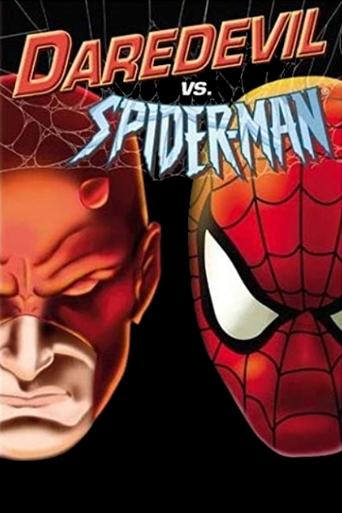
11 Feb 2003

Spider-Man and Daredevil team up to fight Kingpin.
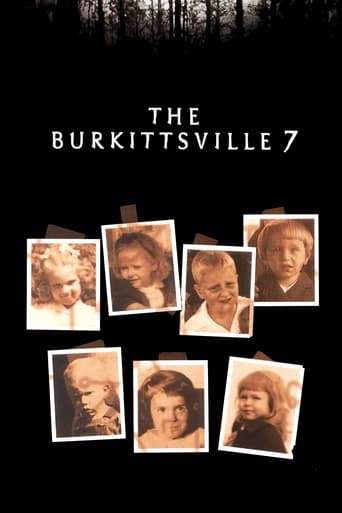
03 Oct 2000

A film archivist revisits the story of Rustin Parr, a hermit thought to have murdered seven children while under the possession of the Blair Witch.
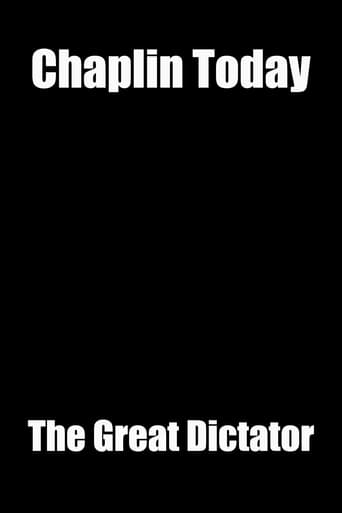
30 Dec 2003

A short documentary about the making of "The Great Dictator."
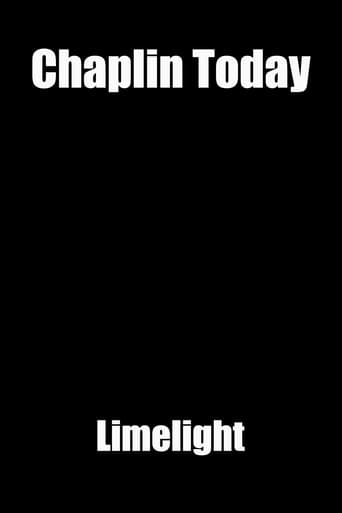
01 Jul 2003

A short documentary about the making of Chaplin's "Limelight."
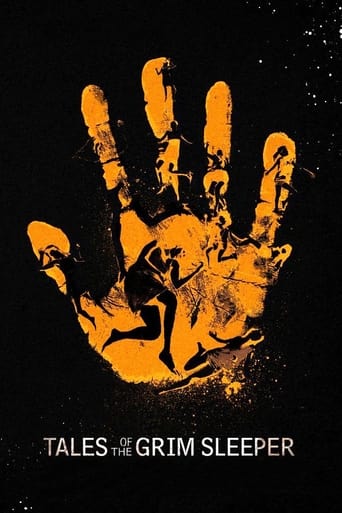
29 Aug 2014

When Lonnie Franklin Jr. was arrested in South Central Los Angeles in 2010 as the suspected murderer of a string of young black women, police hailed it as the culmination of 20 years of investigations. Four years later documentary filmmaker Nick Broomfield took his camera to the alleged killer’s neighborhood for another view.
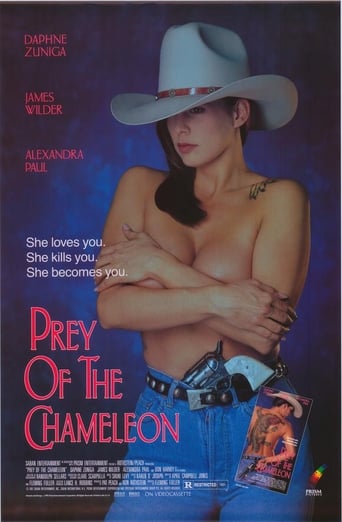
07 Feb 1992

J.D. returns to his hometown many years after leaving Carrie at the altar. After their unhappy reunion, J.D. heads to California, only to soon fall for a woman he helps with her broken down car. Little does he know that this woman is a serial killer who takes on the identity of each of her victims.

01 Apr 1976

The investigation of two horrific mass murders leads to the capture and trial of the psychotic pseudo-hippie Charles Manson and his "family".

12 Aug 1999

Russia is grappling with a critical issue: they have become the country with the most at large serial killers in the world particularly concentrated in Rostov, the same city that witnessed Andrei Chikatilo's infamous killing spree. In response, law enforcement has turned to Dr. Alexander Bukhanovsky, a prominent psychiatrist and criminal profiler, who is implementing radical measures to understand the root causes of this phenomenon and develop effective solutions. Within Dr. Bukhanovsky's clinic, we encounter three of his young patients: Edward and Igor, whose families express deep concerns about their disturbing fantasies, and 'Mischa', who has perpetrated acts of torture and sexual assault. Dr. Bukhanovsky's approach is groundbreaking, offering treatment to potential serial offenders. However, critics argue that by keeping individuals like 'Mischa' anonymous, he may inadvertently shield them from public awareness and accountability, prompting debate over the ethics of his methods.
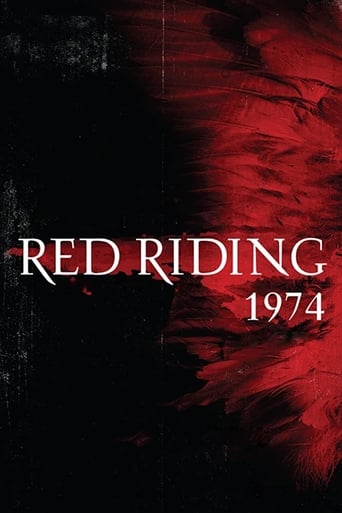
11 Nov 2009

Yorkshire, 1974. Fear, mistrust and institutionalised police corruption are running riot. Rookie journalist Eddie Dunford is determined to search for the truth in an increasingly complex maze of lies and deceit surrounding the police investigation into a series of child abductions. When young Clare Kemplay goes missing, Eddie and his colleague, Barry, persuade their editor to let them investigate links with two similar abductions that draw them into a deadly world of secrecy, intimidation, shocking revelations and police brutality.
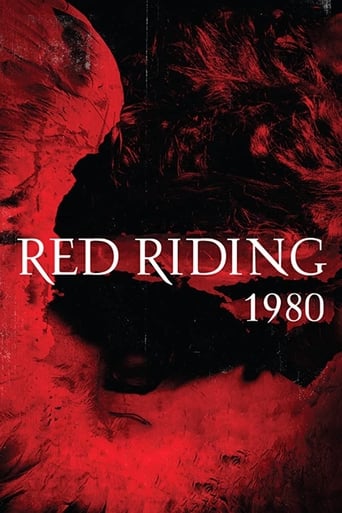
11 Nov 2009

After 6 years of brutal murders, the West Yorkshire Police fear that they may have already interviewed The Ripper and let him back into the world to continue his reign of terror upon the citizens of Yorkshire. Assistant Chief Constable of the Manchester Police, Peter Hunter, is called in to oversee the West Yorkshire Police's Ripper investigation and see what they could have missed.
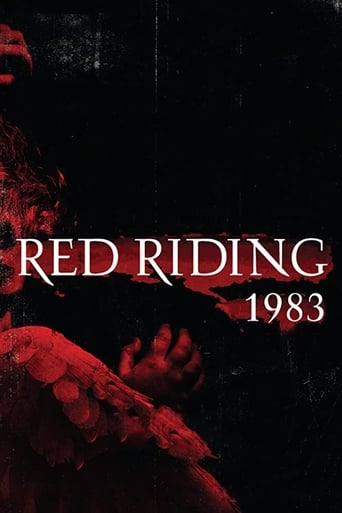
11 Nov 2009

Detective Chief Superintendent Maurice Jobson is forced to remember the very similar disappearance of Clare Kemplay, who was found dead in 1974, and the subsequent imprisonment of local boy Michael Myshkin. Washed-up local solicitor John Piggott becomes convinced of Myshkin's innocence and begins to fight on his behalf, unwittingly providing a catalyst for Jobson to start to right some wrongs.
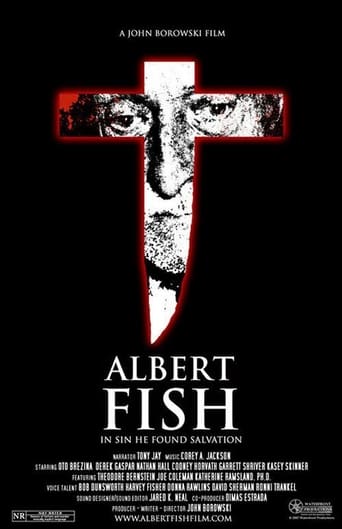
13 Aug 2007

Albert Fish, the horrific true story of elderly cannibal, sadomasochist, and serial killer, who lured children to their deaths in Depression-era New York City. Distorting biblical tales, Albert Fish takes the themes of pain, torture, atonement and suffering literally as he preys on victims to torture and sacrifice.
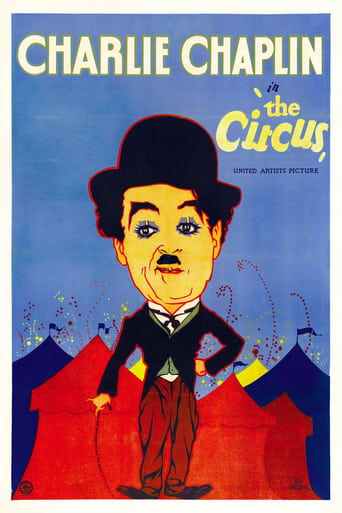
13 Jan 1928

Footage from the premiere of Charlie Chaplin's 1928 film 'The Circus'.

07 Sep 1946

This short was released in connection with the 20th anniversary of Warner Brothers' first exhibition of the Vitaphone sound-on-film process on 6 August 1926. The film highlights Thomas A. Edison and Alexander Graham Bell's efforts that contributed to sound movies and acknowledges the work of Lee De Forest. Brief excerpts from the August 1926 exhibition follow. Clips are then shown from a number of Warner Brothers features, four from the 1920s, the remainder from 1946/47.
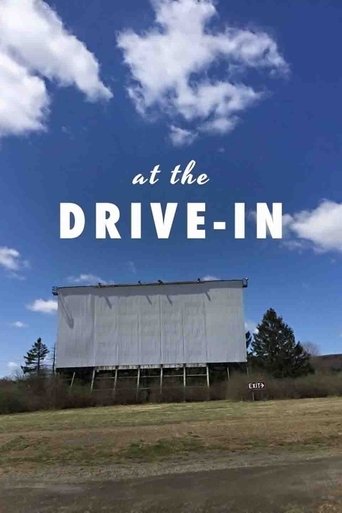
24 Oct 2017

Unable to purchase a $50,000 digital projector, a group of film fanatics in rural Pennsylvania fight to keep a dying drive-in theater alive by screening only vintage 35mm film prints and working entirely for free.
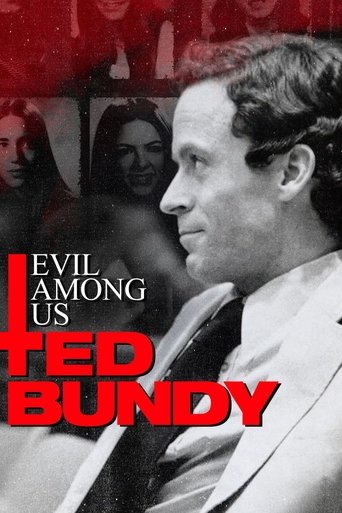
23 Nov 2022

To the outside world, Ted Bundy was a law student, devoted friend, and church-going family man, but below the surface lurked something darker….a serial killer who took the lives of thirty young women in sadistic fits of rage. What drove Bundy’s insatiable appetite? How did he get away with it for so long? Were there any signs? And how has this maniacal killer made us reconsider the evil that may be hiding in our midst?